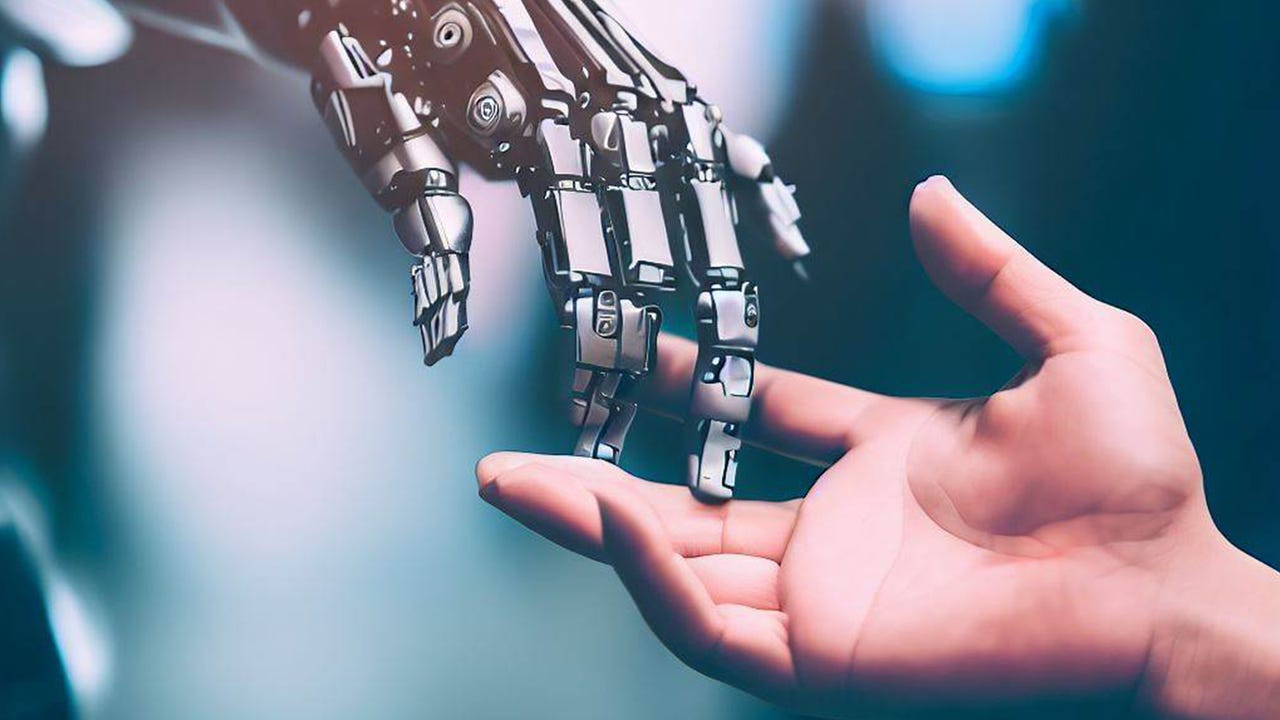Artificial Intelligence (AI) stands out as a revolutionary force in the 21st century, fundamentally altering how we live, work, and interact with technology. Across industries, AI is transforming processes, from optimizing supply chains to improving healthcare outcomes. In everyday life, AI-driven applications personalize experiences, from virtual assistants forecasting our needs to recommendation systems curating content to our preferences. As discussed at the Best Artificial Intelligence Training Institute, the potential for AI to evaluate vast datasets and make predictions is unlocking new frontiers in research, allowing breakthroughs in fields such as medicine and climate science. Additionally, AI is reshaping employment landscapes, and developing new opportunities while also raising questions about the future of work. As AI continues to transform, its impact will only deepen, driving further innovation and transformation across every aspect of society.
In the following blog, we aim to navigate how AI is shaping the future of technology, driving innovations, and unlocking new prospects.

Unveiling The Ways Artificial Intelligence Shapes The Future of Technology
As discussed in the popular Artificial Intelligence Training in Noida or elsewhere, the various ways in which Artificial Intelligence shapes the future of technology are as follows:
Automation and Efficiency:
AI-powered automation is transforming industries by simplifying processes and increasing efficiency. From manufacturing customer service, AI-driven robots and algorithms are taking over repetitive activities, permitting humans to concentrate on more creative and strategic endeavors. For instance, in manufacturing, AI-powered robots can optimize production lines, resulting in higher productivity and minimized costs. Similarly, in customer service, AI chatbots can tackle routine inquiries, offering instant responses and improving customer satisfaction.
Personalized Experiences:
AI algorithms evaluate large amounts of data to understand user preferences and behavior, allowing personalized experiences across different applications. Whether it’s recommending products, curating content, or tailoring services, AI algorithms can deliver personalized experiences that resonate with individual users. Further, streaming services such as Netflix and Spotify use AI to recommend movies, shows, and music based on user preferences and viewing history, improving user engagement and retention.
Healthcare Advancements:
AI is transforming healthcare by driving advancements in diagnosis, treatment, and patient care. Machine learning algorithms can evaluate medical images, like X-rays and MRIs, to assist radiologists in identifying abnormalities and making accurate diagnoses. Additionally, AI-powered predictive analytics can identify patients at risk of developing certain conditions, allowing proactive interventions and personalized treatment plans. Telemedicine platforms use AI to offer remote consultations and deliver personalized healthcare services, expanding access to quality care.
Autonomous Vehicles:
AI is powering the development of autonomous vehicles, transforming transportation and mobility. Self-driving cars depend on AI algorithms to perceive their surroundings, explore complex environments, and make real-time decisions. Companies such as Tesla, Waymo, and Uber are investing largely in AI research and development to bring autonomous vehicles to the market. Beyond personal transportation, AI-powered drones and delivery robots are being used for several applications, including package delivery, surveillance, and agriculture.
Enhanced Creativity:
As covered in the Artificial Intelligence training program, AI is facilitating new kinds of expression and creativity using tools like natural language processing (NLP) and generative adversarial networks (GANs). By pushing the bounds of creativity, designers and artists create books, music, and artwork using AI algorithms. DeepDream and RunwayML, two AI-powered creative tools that democratize access to creative tools and promote innovation in the arts, enable creators to experiment with novel artistic styles and processes.
Ethical and Societal Implications:
While AI provides tremendous potential for innovation and progress, it also raises ethical and societal concerns. Issues like bias in algorithms, data privacy, and job displacement demand careful consideration and regulation. As AI continues to advance, it’s paramount to address these challenges and guarantee that technology is developed and deployed responsibly, benefiting society as a whole.
Read Also: Unleashing Intelligence Decoding Artificial Intelligence Training
Summary:
In summary, artificial intelligence is fundamentally changing the course of technology, spurring innovation across all sectors, and opening up new avenues for exploration. Artificial Intelligence is changing the way we work, live, and engage with the world. From efficiency and automation to personalized experiences and healthcare improvements, AI is changing all of this. To guarantee that technology advances society and serves the greater good, we must confront the ethical and societal ramifications of embracing AI’s promise. We can build a future where technology maximizes human potential and raises everyone’s standard of living by ethically utilizing the power of AI.
So, why wait any longer? Join the best Artificial Intelligence training course today and take your career to the next level!



